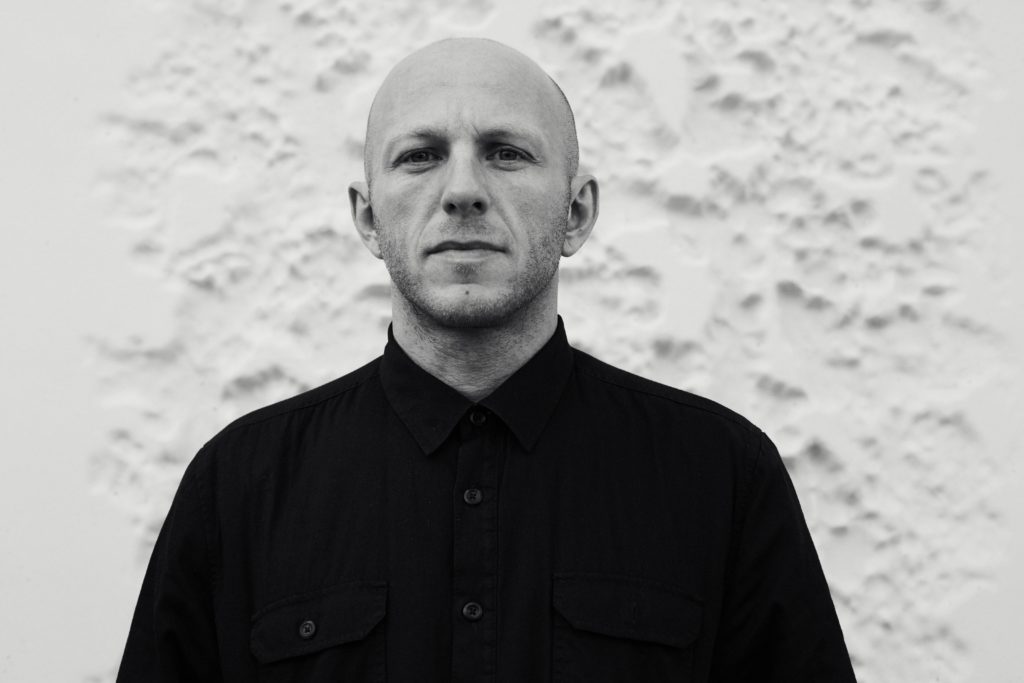DVS1 Launches Software to Enable DJs to Donate Percentage of Gig Fees to Producers
Any money not attributed will be channeled into charities chosen by the Aslice community.

Zak Khutoretsky, better known as DVS1, has launched a desktop software designed to capture the music played by DJs so more producers receive their fair share of income.
Available now in public beta, Aslice tackles the old problem of DJ fees rising and producers finding it harder to make a living off music alone. You can consider it a technology-based, community-built version of a performance rights organisation, except that it “actually works for electronic music and DJ culture,” we’re told.
As part of the software’s launch, Khutoretsky said the current system doesn’t work because music collection societies depend on DJs to provide handwritten playlists, while music-recognition software is installed in very few music venues worldwide. “Millions of dollars are collected each year that never end up back in the hands of the artists whose music is actually played in these venues,” Khutoretsky explained.
He conceptualized and founded Aslice in 2020 and recruited music and media veteran Ethan Holben, former Global Head of Red Bull Radio and Vice President at Yadastar, to serve as the CEO.
For DJs, Aslice simplifies reporting by capturing DJ software playlist data (from leading brands such as Pioneer, Serato, and Traktor) and uploading the text file via the Aslice app. Utilizing metadata and other identifiers, Aslice matches songs through its proprietary machine-learning algorithm to public databases in order to identify and attribute tracks correctly. Aslice then enables DJs to share a small portion of their gig fee to all producers on the playlist. Aslice suggests five percent, though whatever the amount, it won’t be disclosed.
“The 5% won’t fix the problem by any means, but it can immediately change an artist’s perspective about what’s possible, not only financially, but with the statistics and information they will get through the service,” Khutoretsky added.
For producers, it’s as simple as registering their details with Aslice. Every time an Aslice-registered DJ uploads a playlist with their song, they get paid. Even unreleased music is attributable in the system by adding the producer’s Aslice ID to the metadata.
During Aslice’s beta-testing phase in November, 100 DJs uploaded 110 playlists and 5291 tracks. 82% were accurately identified and matched. This led to payments for 2,213 producers, with $1.40 the average amount earned per track. Any money not attributed will be channeled into charities chosen by the Aslice community.
You can learn more about Aslice here.

